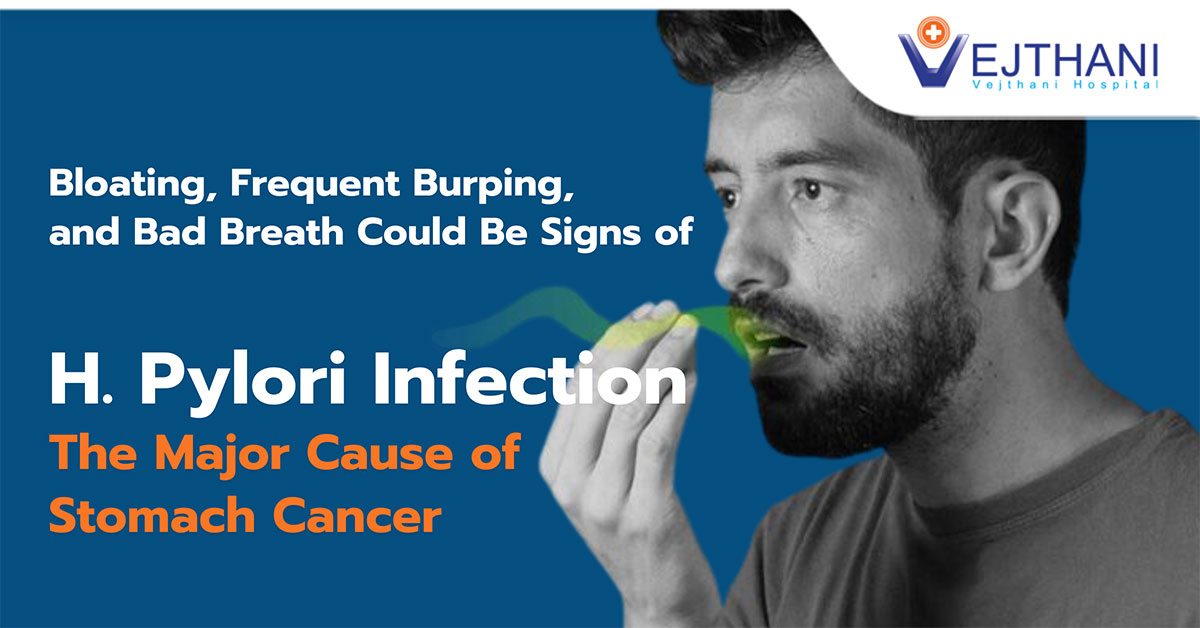
Ventricular tachycardia
Overview
Ventricular tachycardia (VT or V–tach) is a serious cardiac arrhythmia originating from the ventricles, the heart’s lower chambers. It’s characterized by abnormally fast heart rhythms which disrupt normal heart function and can lead to significant health risks if not managed effectively.
This condition triggers a heart rate that exceeds 100 beats per minute, far above the normal resting rate of 60 to 100 beats. The rapid pace can prevent the heart from filling adequately with blood, diminishing its ability to supply oxygen–rich blood to the body. Symptoms of this insufficient blood flow include lowered blood pressure, shortness of breath, dizziness, and in severe cases, loss of consciousness. While brief episodes of VT might not be harmful, sustained instances lasting more than a few seconds can become life–threatening and may lead to sudden cardiac arrest.
Treating ventricular tachycardia involves several strategies aimed at controlling the heart rate and restoring normal rhythm. Medications may be prescribed to manage the arrhythmia, while immediate cases may require cardioversion—delivering a shock to the heart. In certain scenarios, catheter–based procedures or surgery might be necessary to correct the underlying heart rhythm disturbances and prevent future episodes.
Symptoms
Ventricular tachycardia, or VT, occurs when the heart beats very fast and may not effectively pump blood to the body. This can lead to organs not receiving enough oxygen. Symptoms during VT may include:
- Chest discomfort
- Dizziness
- rapid heartbeat
- Lightheadedness
- Shortness of breath
VT can be brief, lasting less than 30 seconds and resolving on its own—this is known as nonsustained VT, which often causes no symptoms. However, if VT persists for longer, it is referred to as sustained VT and can be more serious, potentially leading to:
- Fainting spells
- Loss of consciousness
- Cardiac arrest, which may result in death.
It’s crucial to consult a doctor promptly if you or your child experiences any unusual heart symptoms to determine the cause. Some cases may require immediate medical attention.
In the event of the following symptoms, call emergency services right away:
- Persistent chest pain lasting more than a few minutes
- Difficulty breathing
- Sudden fainting or loss of consciousness
Causes
Ventricular tachycardia is a condition where the lower parts of your heart, called ventricles, beat very fast. Because they’re beating too quickly, they can’t fill up with blood properly between each beat. This happens when unusual electrical signals in the ventricles interrupt the heart’s normal rhythm, which is typically controlled by something called the sinoatrial node.
Potential causes of ventricular tachycardia include:
Heart-related causes:
- Coronary artery disease: When the heart’s arteries are blocked, usually by a buildup of fat, cholesterol and other substances.
- Heart failure: The heart can’t pump blood effectively.
- Myocarditis: Inflammation of the heart muscle.
- Cardiomyopathy (Enlarged Heart): A condition where the heart is bigger and weaker.
- Heart valve disease: Problems with the valves that control blood flow in the heart.
- Past heart problems: Including a previous heart attack or surgery that left scar tissue.
Non-Heart Related Causes:
- Medications: Some can disrupt heart rhythms.
- Electrolyte Imbalance: Minerals that control heart rhythm are off balance.
- Substances: Too much caffeine, alcohol, or the use of recreational drugs.
- Exercise: Sometimes intense physical activity can trigger it.
In some cases, doctors can’t find the cause.
Risk factors
The risk of ventricular tachycardia can increase due to various factors that strain the heart or harm heart tissue. To reduce this risk, individuals can make lifestyle changes and receive appropriate medical treatment for the following conditions and situations:
- Prior history of heart disease.
- Family history of heart rhythm abnormalities.
- Coronary artery disease.
- Myocarditis.
- Heart failure.
- Enlarged heart (cardiomyopathy).
- Heart valve disease.
- Previous heart attack (myocardial infarction) or heart surgery.
- Adverse effects of medications.
- Severe imbalances in electrolytes.
- Use of stimulant drugs like cocaine or methamphetamine.
- A familial history of tachycardia or other heart rhythm disorders can increase an individual’s susceptibility to developing ventricular tachycardia.




















